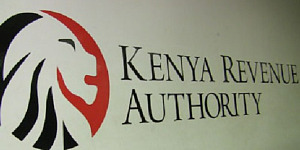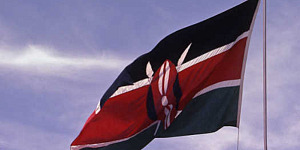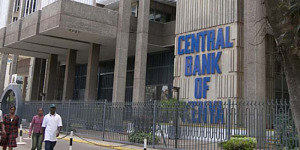Banks, telcos and other payment service providers regulated by the Central Bank of Kenya (CBK) are set to issue Quick Response (QR) codes in a regulator-driven push to scale digital payments.
The CBK is expected to issue the Kenya Quick Response Code Standard 2023 on Wednesday to guide the process of the QR code issuance by the payments agents to consumers and businesses accepting digital payments.
QR codes are an enhancement of standard barcodes and provide additional information, including data facilitating digital payments to mobile phones.
The codes have been tipped to create convenience for both merchants and customers whereby customers will be required to only scan the QR codes to make payments to merchants who will in part provide the codes at payment points.
“Merchants will experience an easy onboarding process with low infrastructure costs, guaranteed funds and lower risk exposure, plus the potential for new sales and the ability to offer new services such as loyalty and rewards,” reads part of a summary of the QR code standards seen by the Business Daily.
Customers will be presented with the option to pay using a QR at a merchant point of sale where the codes will be scanned using customers’ smartphone applications provided by the payment service providers.
“The key benefits for a consumer are a simple non-cash alternative, greater protection and safety and an easy-to-use payment solution,” adds the summary.
The issuance of the QR code standards aligns with CBK’s National Payment Strategy, 2022-2025, which seeks to provide a framework to guide the current and future payment services.
“This is in line with its vision of ensuring a secure, fast, efficient and collaborative payments system that supports financial inclusion and innovations that benefit Kenyans,” the CBK states.
Last year, the CBK midwifed mobile-money interoperability as part of the payments transformation strategy in a deal which allowed Airtel and Telkom Kenya subscribers to pay for goods and services through Safaricom’s till number.
The CBK has further been pushing for the access of Safaricom’s pay-bill platform to rival networks.
The drive for interoperability and modern payment solutions comes in the backdrop of the rising prominence of digital payments supported largely by developments in fintech.
CBK data covering February 2023 shows total registered mobile money accounts stood at 74.04 million while active agents stood at 323,613.
Meanwhile, the value of mobile-money transactions in the month stood at Sh578.09 billion.
During the same month, the value of transactions handled by payment cards stood at Sh55.3 billion with the bulk of deals being facilitated through debit cards at ATMs.
Other modern channels available within the national payments landscape include electronic fund transfers and real-time gross settlements.
Traditional channels such as cheques have also undergone a transformation with an upgrade to the automated clearing house which has allowed for a shorter window to clear cheques and reduced errors.







































